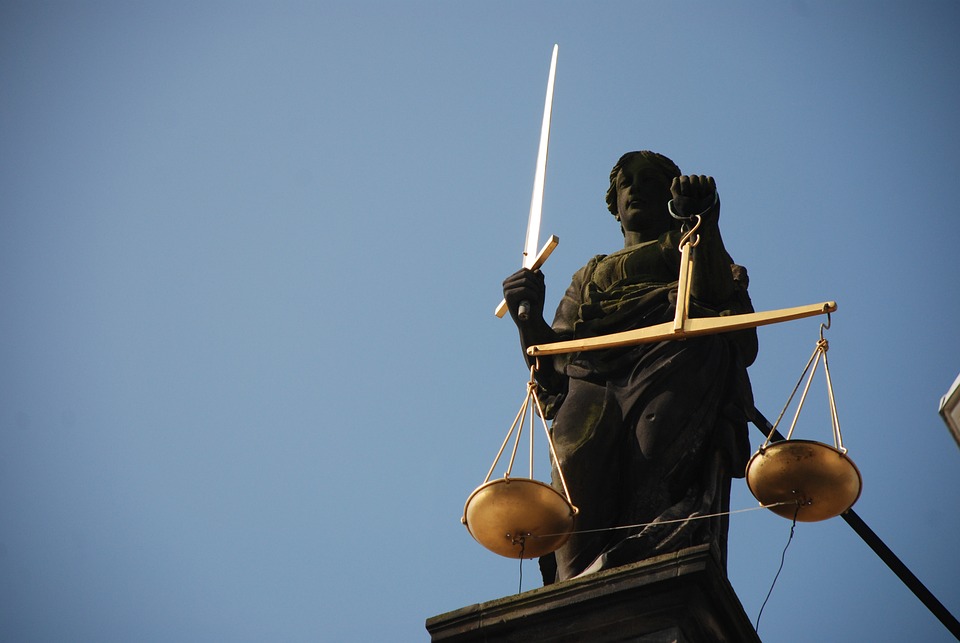
The Importance of Legal Jurisdiction: Protecting Rights and Ensuring Justice
The Importance of Legal Jurisdiction: Protecting Rights and Ensuring Justice
Legal jurisdiction plays a crucial role in safeguarding individual rights and ensuring justice in any society. It establishes the framework within which laws are enforced, disputes are resolved, and justice is served. This article explores the significance of legal jurisdiction in protecting rights and upholding justice.
Understanding Legal Jurisdiction
Legal jurisdiction refers to the authority granted to a particular court or legal system to hear and decide a case. It delineates the boundaries within which laws are applied and enforced. This ensures that disputes and legal matters are resolved in a fair and orderly manner, providing individuals with a sense of security and protection.
Legal jurisdiction may be territorial, meaning it is determined by geographical boundaries, or it may be subject-specific, focusing on particular areas of law such as criminal, civil, or administrative jurisdiction. The allocation of jurisdiction ensures that cases are heard by the appropriate court or legal body, preventing confusion and ensuring efficient legal proceedings.
Protecting Individual Rights
Legal jurisdiction plays a pivotal role in protecting individual rights. By establishing a system of laws and courts, it provides a framework within which individuals can seek justice and defend their rights. The existence of legal jurisdiction ensures that no one is above the law and that all individuals are entitled to equal protection under the legal system.
Through legal jurisdiction, individuals can seek redress for any harm or violation they have suffered. Whether it be a breach of contract, a criminal offense, or a violation of their constitutional rights, legal jurisdiction provides a platform for individuals to assert their rights and seek appropriate remedies.
Moreover, legal jurisdiction ensures that individuals are treated fairly and impartially. It guarantees that cases are heard by competent and unbiased judges or juries, minimizing the risk of arbitrary or discriminatory decisions. This protects individuals from potential abuses of power and fosters trust in the legal system.
Upholding Justice
Justice lies at the core of any legal system, and legal jurisdiction plays a critical role in upholding this fundamental principle. It ensures that laws are applied consistently and fairly, promoting a sense of justice among the members of society. By defining the scope of authority for each court or legal body, legal jurisdiction prevents conflicts and ensures the proper administration of justice.
Legal jurisdiction also facilitates the enforcement of court decisions and judgments. Once a decision is made, it is the responsibility of the relevant jurisdiction to ensure that the ruling is implemented and justice is served. This includes the enforcement of penalties, the collection of fines, or the execution of any other remedies ordered by the court.
Furthermore, legal jurisdiction allows for the establishment of legal precedents. When courts make decisions on specific cases, these decisions serve as precedents that guide future interpretations of the law. This promotes consistency and predictability in the legal system, ensuring that similar cases are treated similarly, and justice is served in a uniform manner.
FAQs (Frequently Asked Questions)
Q: How does legal jurisdiction affect international disputes?
A: Legal jurisdiction becomes complex when dealing with international disputes. It involves determining which court or legal system has the authority to hear a case that spans across multiple jurisdictions. International treaties and agreements play a crucial role in establishing jurisdictional rules for such cases.
Q: Can legal jurisdiction be challenged?
A: Yes, legal jurisdiction can be challenged under certain circumstances. If a party believes that a court does not have the authority to hear a case, they can raise a jurisdictional challenge. This typically involves presenting arguments and evidence to support their claim that the court lacks jurisdiction.
Q: How does legal jurisdiction protect human rights?
A: Legal jurisdiction serves as a safeguard for human rights by providing a platform for individuals to assert their rights and seek remedies for violations. It ensures that no one is above the law and that all individuals are entitled to equal protection under the legal system.
Q: What happens if there is a conflict between different legal jurisdictions?
A: Conflicts between legal jurisdictions can arise in cases involving multiple jurisdictions. In such situations, legal principles like comity, which is the recognition and respect of other legal systems, come into play. International conventions and agreements may also provide mechanisms for resolving jurisdictional conflicts.
For further information on the importance of legal jurisdiction and its role in protecting rights and ensuring justice, you may refer to the following resources:
